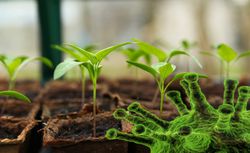 To anticipate: as we all know, Corona is not over. Sudden mass outbreaks here and there, the situation in the United States, and also the threat of tracing, which can suddenly also affect my company if an employee becomes infected. All this will probably continue to haunt us into next year. Nevertheless, we can draw initial conclusions from the lockdown and the reaction of our market partners, consumers and retailers – especially about our category, edible plants.
To anticipate: as we all know, Corona is not over. Sudden mass outbreaks here and there, the situation in the United States, and also the threat of tracing, which can suddenly also affect my company if an employee becomes infected. All this will probably continue to haunt us into next year. Nevertheless, we can draw initial conclusions from the lockdown and the reaction of our market partners, consumers and retailers – especially about our category, edible plants.
Lesson 1: The thirst for plants can only be satisfied with plants
The demand for plants, in our case especially for edible plants, fruits, berries and vegetables explodes in the spring; it even tends to systematically exceed the supply for a short time sometime in March every year. The lockdown has shown that this thirst is almost unquenchable and it cannot be postponed (forever). I have experienced in Switzerland with closed DIY stores and garden centres what incredible ideas people can come up with when they absolutely need plants. One of our customers in Switzerland, a chain, implemented a Click and Collect solution quickly and decisively. The volumes demanded were so large for many plants, but especially for vegetable, fruit and berry plants, that it was simply no longer logistically feasible. So here is lesson 1: the demand at least in the spring cannot be satisfied; the thirst does not disappear if there is no water. We can rely on this hunger and thirst for plants.
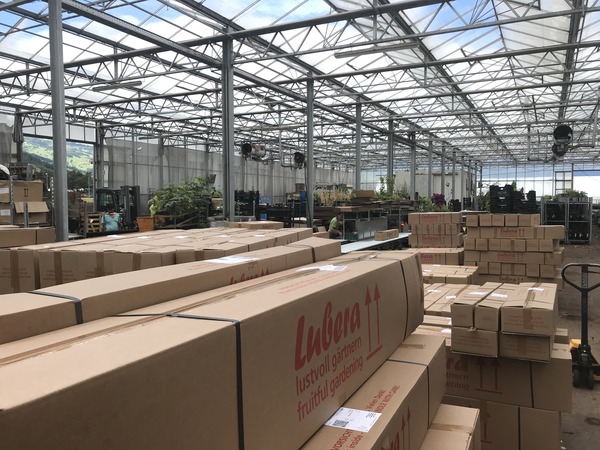
Picture: Deliveries at our sister company Lubera continue this year
Lesson 2: Biophilia
Actually, this lesson is the same as lesson 1, just more general. But it does us and our industry good to remember this and use this argument once in a while towards our customers and especially towards the public: people need plants! They need them almost as much as food. Actually, plants are also food, especially if they are edible plants, meaning fruit, berry and vegetable plants. This lesson is generally true and should be remembered again and again: plants are the basis of our life; they produce not only food but the air we breathe. Without plants, there is no life. So it is quite natural that what distinguishes people, like biophilia, is their love of life, especially of plant life, of growth.
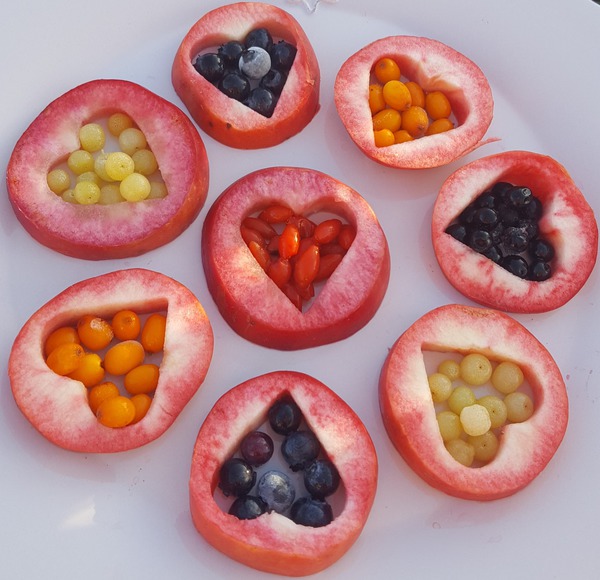
Lesson 3: Demand is flexible – especially in the months from March to May
Actually, we learned this lesson long ago; otherwise, we would probably all have turned our backs on our industry long ago. The demand for plants is 'fluid', flexible; it comes alive when the weather and circumstances are right. This is especially true during the spring months from March to May, when plant life comes alive (and not only that). When winter goes into March, April booms. And now with Corona, March and April were largely absent and yet most of this could be compensated for in May. Of course, I know that this could not be true for some spring bloomers, but it was by and large true for woody plants, perennials and edibles. We could even see this compensation in Switzerland, where the lockdown consistently affected garden centres and DIY stores.
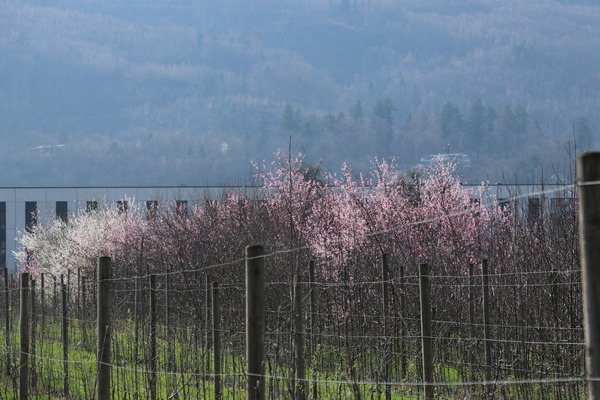
The fearful question is this: What if May also had had a fallout?
Of course, we have to ask ourselves this frightening question: what would have happened if the lockdown had lasted until the end of May? Would June have offered sufficient opportunities for catch-up effects? I dare to doubt that. It seems to be a kind of law of nature that the spring demand in normal years collapses sometime in May; this year it was a little later in early June.
Lesson 4: Carpe Diem –pick the day!
We have to learn to be more flexible, to be able to meet the demand when it is there. In many sales areas, it still takes too long until the goods are at the points of sale in February with an early start to spring; and many business models are not or only to a very limited extent able to react quickly and consistently to late peaks in demand. In the fallow land of plants (and that's where the edibles are), we simply don't have the time or the peace and quiet, or the business reserves, to simply let demand windows pass by. Factors of speed, the fast structure of offers and flexible logistics have once again proven to be the key to success in the COVID spring. It is clear to me that this flexibility has limits, that employees must be available and also motivated. But it is also clear that we all have to further develop this flexibility and reaction speed.
Lesson 5: The conquest of summer
If we want to make our companies and our offer more resistant to crises, we have to expand the sales windows. This applies to all participants in the vertical sales chain: we cannot rely on spring alone. And I'm not talking about the resumption of the rather boring autumn sermon: the autumn season dates back to the time of bare-rooted plants, it is difficult to justify it in the age of container and pot plants, and it doesn't fit the mood of consumers who just want to enjoy their autumn garden again and tidy it up. But we must make an effort to conquer the summer! The plants grow and are beautiful! We have new, freshly grown inventories, the assortment is wide and hardly sold out; our production costs are not yet burdened by overwintering! Let's take advantage of this opportunity at all levels: from the production, which has to be thought of more and more in sets, to special summer offers that appeal to the gardener at home, to measures that increase the frequency at physical and also digital points of sale.
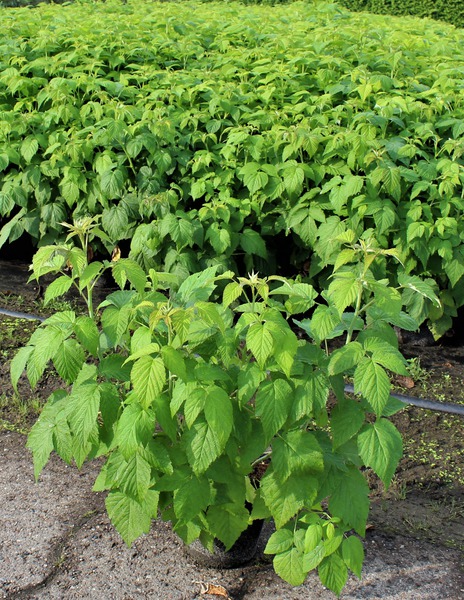
Picture: freshly produced berry plants also belong in the garden centre in summer
P.S.: Not that we at Lubera and Lubera Edibles have already learned all these lessons and are implementing them – far from it. This is above all a sermon to ourselves. But I suspect that many others in our industry will also understand it because the spring “cluster risk” affects us all.
